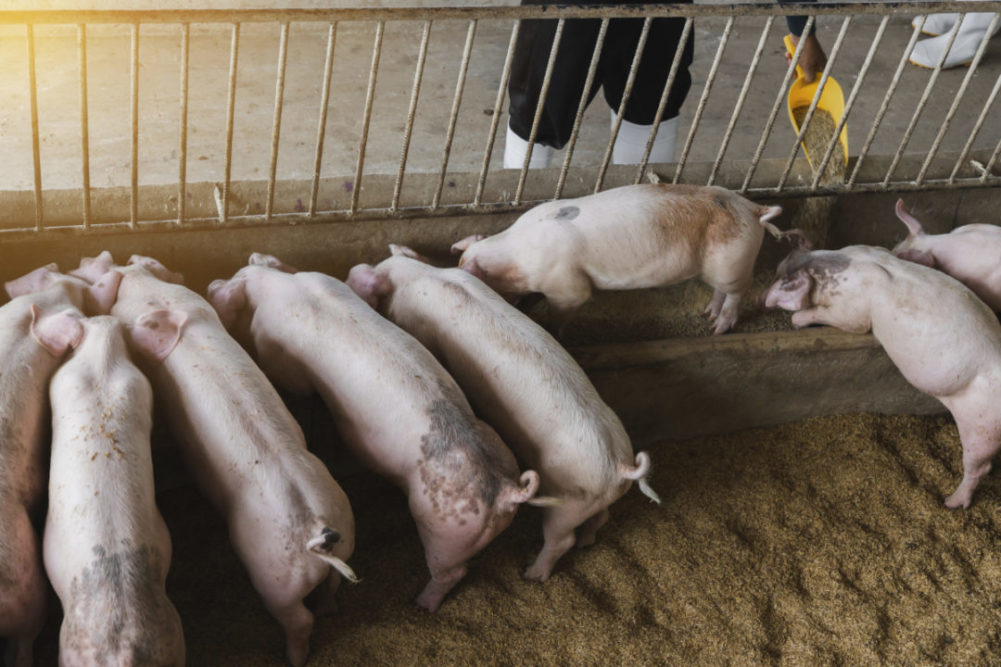WASHINGTON – The National Pork Producers Council (NPPC) and the National Cattlemen’s Beef Association (NCBA) recently filed comments with the Securities and Exchange Commission (SEC) asking for a reconsideration of climate disclosure provisions.
The trade groups, which also submitted with various crop and livestock organizations, said that the rules would require publicly traded companies to disclose direct (Scope 1), energy/electricity consumption (Scope 2) and supply chain emissions (Scope 3).
The NCBA argued that enough industry-wide metrics are collected by the Environmental Protection Agency (EPA) and the US Department of Agriculture (USDA).
“With cattle producers facing record inflation, rising input costs and labor shortages, another bureaucratic rule from Washington is a burden we cannot afford,” said Don Schiefelbein president of NCBA. “Policymakers should be focused on lowering costs and solving the real problems facing farmers and ranchers, not creating more complex rules that require a team of lawyers to understand.”
In addition to the comments, individual cattle producers submitted over 6,700 letters to the SEC commissioners and Congress members on the proposed rules.
NPPC noted in its remarks that it believes its voluntary, market-based incentives made real progress on climate change instead of federal government regulation.
“The US pork industry represents a mere one-third of 1% of US climate emissions,” said Michael Formica, assistant vice president and general counsel, NPPC. “Despite this, American pig farmers have managed to shrink their greenhouse gas (GHG) footprint by over 21% over the last three decades while at the same time, the industry has increased its production of affordable pork for consumers 77%.”
Among the seven recommendations made, NPPC asked the SEC to consider removing the “value chain” concept, removing or substantially revising the Scope 3 emissions disclosure requirement. It also wanted to revise the proposed rule to ensure alignment of GHG emissions disclosures with existing federal emissions reporting programs and federal law protecting livestock farmers from what the organizations believes is costly, inaccurate and unduly burdensome GHG emissions reporting.
The full comments from all of the industry groups can be found here.


